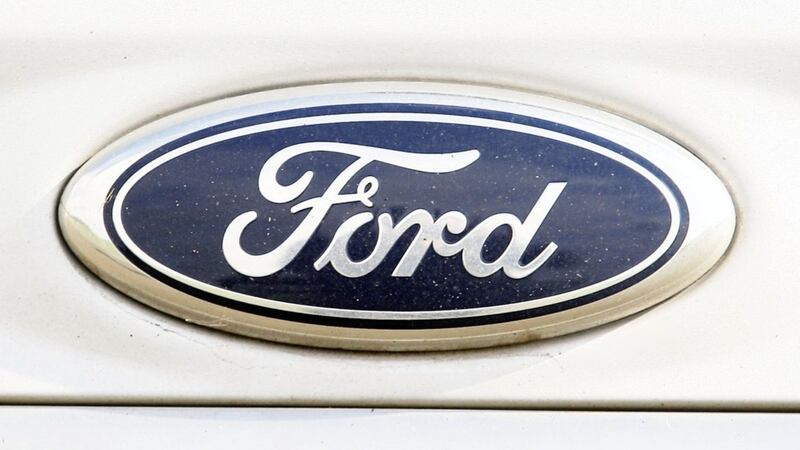CARMAKER Ford has said it is shedding 12,000 jobs in Europe to increase profitability as part of a global trend of cost cutting by automakers facing shifting consumer tastes and heavy investments in electric cars.
The job cuts are part of a broad restructuring at Ford that includes the already announced closure of six plants in Europe.
Ford is reducing its total number of plants in the region to 18 and is reorganising its business into three divisions: commercial vehicles, passenger cars and imports of Ford models such as the Mustang.
Ford of Europe said on Thursday that the positions in Europe would be eliminated mostly by voluntary separation programs through to the end of 2020.
Some 2,000 lost jobs would be salaried positions, part of 7,000 white collar jobs being cut as part of a global restructuring by the company based in Dearborn, Michigan, US.
"Separating employees and closing plants are the hardest decisions we make", Ford of Europe president Stuart Rowley said.
He added that the company was "providing support to ease the impact".
Ford of Europe, based in Cologne, Germany, said it hoped to "significantly improve" its financial results in Europe, moving toward sustained profitability and a longer-term goal of 6% operating margins.
Ford lost $398 million in 2018 in Europe.
Mr Rowley said that financials would improve this year but stopped short of predicting a full-year profit.
Ford Motor Company and other global automakers are facing multiple challenges, including the expensive push to develop electric cars that will help them meet new emission rules in Europe and comply with regulations favouring alternative energy vehicles in China.
They need strong profits to fund those investments.
Ford of Europe said all its new vehicles would come with an electric variant, such as a battery or battery-internal combustion hybrid and that it would build a future family of electric vehicles in Europe.
The company has already said it is closing its Bridgend engine plant in Wales, a transmission plant in France and three plants in Russia.
It is selling its Kechnec transmission plant in Slovakia to Magna.








